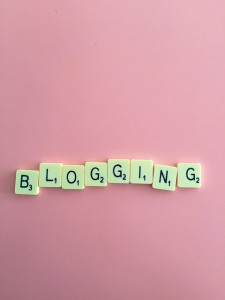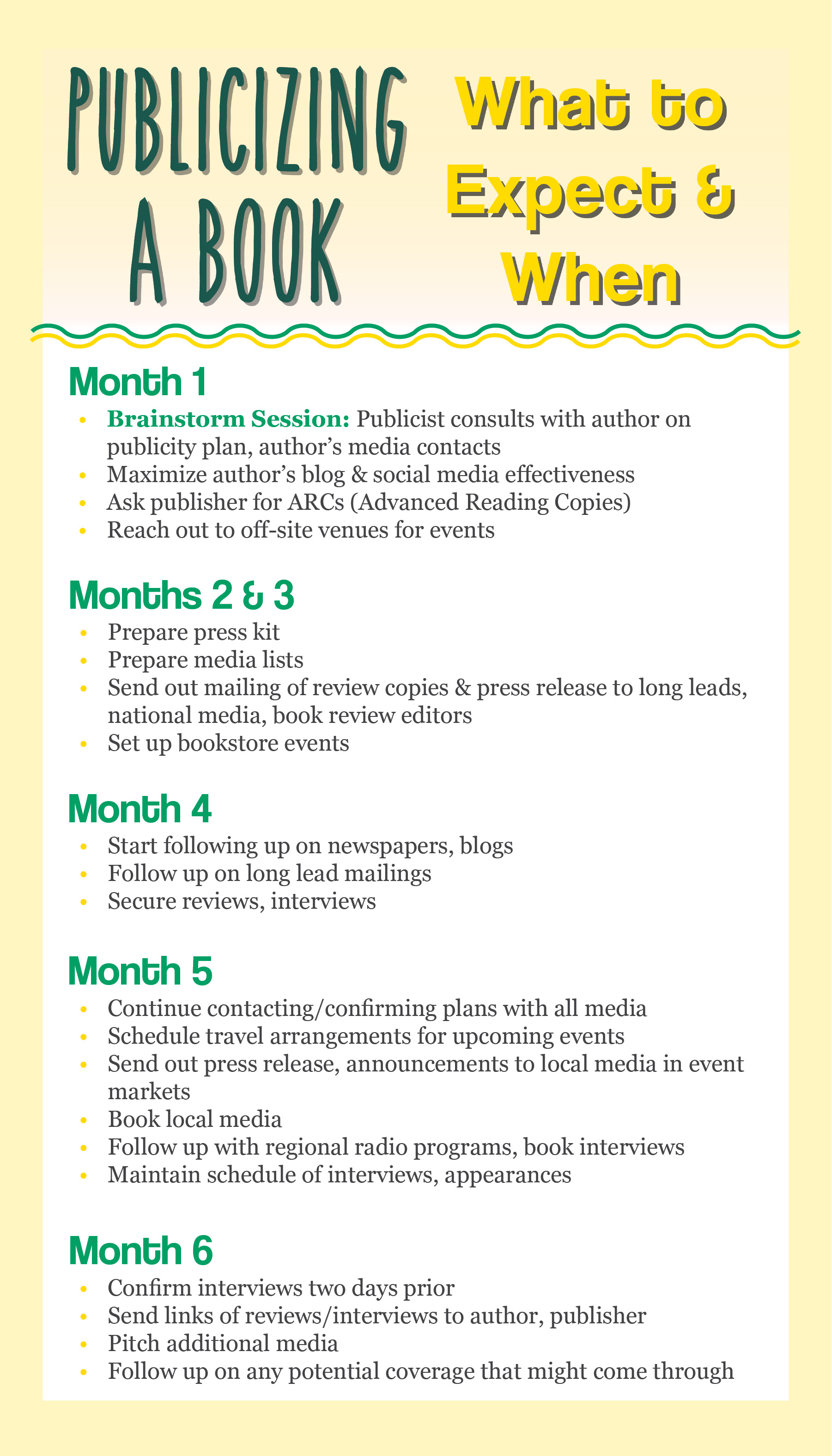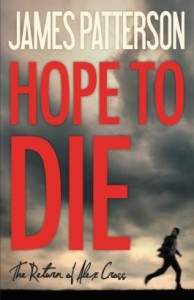
If there’s one thing I know for sure, it’s that there are a lot of bloggers. Google the term “book bloggers” and you’ll ping a million results. Google “book review bloggers” and you’ll ping a million more search results. Researching and sifting through blogs and their contact information is a time consuming process, but they are an important part of a PR campaign.
Why are bloggers so necessary to publicists as part of their outreach? More importantly, why are they so necessary for an an author looking to establish their brand?
They have their own fan base. Each blog has a built-in audience that comes with it, whether it is five people or five thousand. If you’re looking to have your chick lit novel reviewed, you’ll want to check out some chick lit reviewers—their fans may be your future fans, too.
They may review indie or self published authors. As an indie author, it’s difficult to get yourself reviewed in newspapers like the New York Times. Book review bloggers can give you the support you need, especially if they decide to favorably review your novel. Always respect a blog’s review policy—many clearly state that they do not review independently published titles. You will find bloggers that are open to reviewing indie authors, but you must ensure that the book is professionally edited before deciding to contact a reviewer—you don’t want to find a scathing review of your novel’s numerous spelling and grammatical errors.
They provide you with an online presence. A social media presence is one thing, but a presence on the rest of the web is just as important. Because blogging equals SEO, tagging, categories, and all that great online marketing jargon, reviews of your book online will make you a more searchable term—and people Googling your name will see that you and your book exist.
They have their own networks. More than ever, bloggers are an important tool for publishers. This summer, Book Expo America even had a networking conference for bloggers with several seminars related to the profession. Attending a blogger networking event in your area could lead to a relationship with someone who could have interest in your future career as a writer!
They’re a supportive medium. A blogger who has their own book review site is going to be someone who supports books. Why wouldn’t you want to be friendly with a crowd that loves reading just as much as you do?
Are you an author who utilizes bloggers and blog tours, and do you find those parts of your campaign successful? Tweet us your insight at @MCKINNEYPR!


 I will let you in on a secret: no one, not even the big publishers, know exactly when to publish a book. Yes, there are some givens, like making sure you are able to get into holiday and other promotions like Christmas, Mother’s Day, Father’s Day, etc. Then there are books by authors that consumers are trained to buy in a certain month based on its availability. I’m talking about Michael Connelly, James Patterson, and others who write at least one book per year.
I will let you in on a secret: no one, not even the big publishers, know exactly when to publish a book. Yes, there are some givens, like making sure you are able to get into holiday and other promotions like Christmas, Mother’s Day, Father’s Day, etc. Then there are books by authors that consumers are trained to buy in a certain month based on its availability. I’m talking about Michael Connelly, James Patterson, and others who write at least one book per year. FOR IMMEDIATE RELEASE:
FOR IMMEDIATE RELEASE: I am a fan of the old saying “the early bird gets the worm.” Corny, yes, but still very true and effective. It isn’t always possible to be out in front of the curve, but when you can plan accordingly it is a simple way to help ensure the success of your book’s publication. When hiring a book publicist, it is best to secure an expert four to six months ahead of publication–if you are publishing with a traditional publisher. Allow me to break this down.
I am a fan of the old saying “the early bird gets the worm.” Corny, yes, but still very true and effective. It isn’t always possible to be out in front of the curve, but when you can plan accordingly it is a simple way to help ensure the success of your book’s publication. When hiring a book publicist, it is best to secure an expert four to six months ahead of publication–if you are publishing with a traditional publisher. Allow me to break this down.